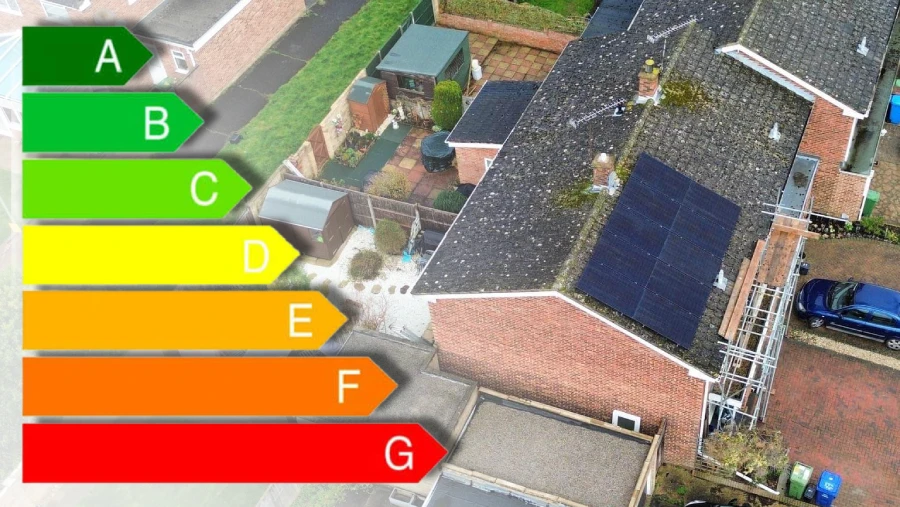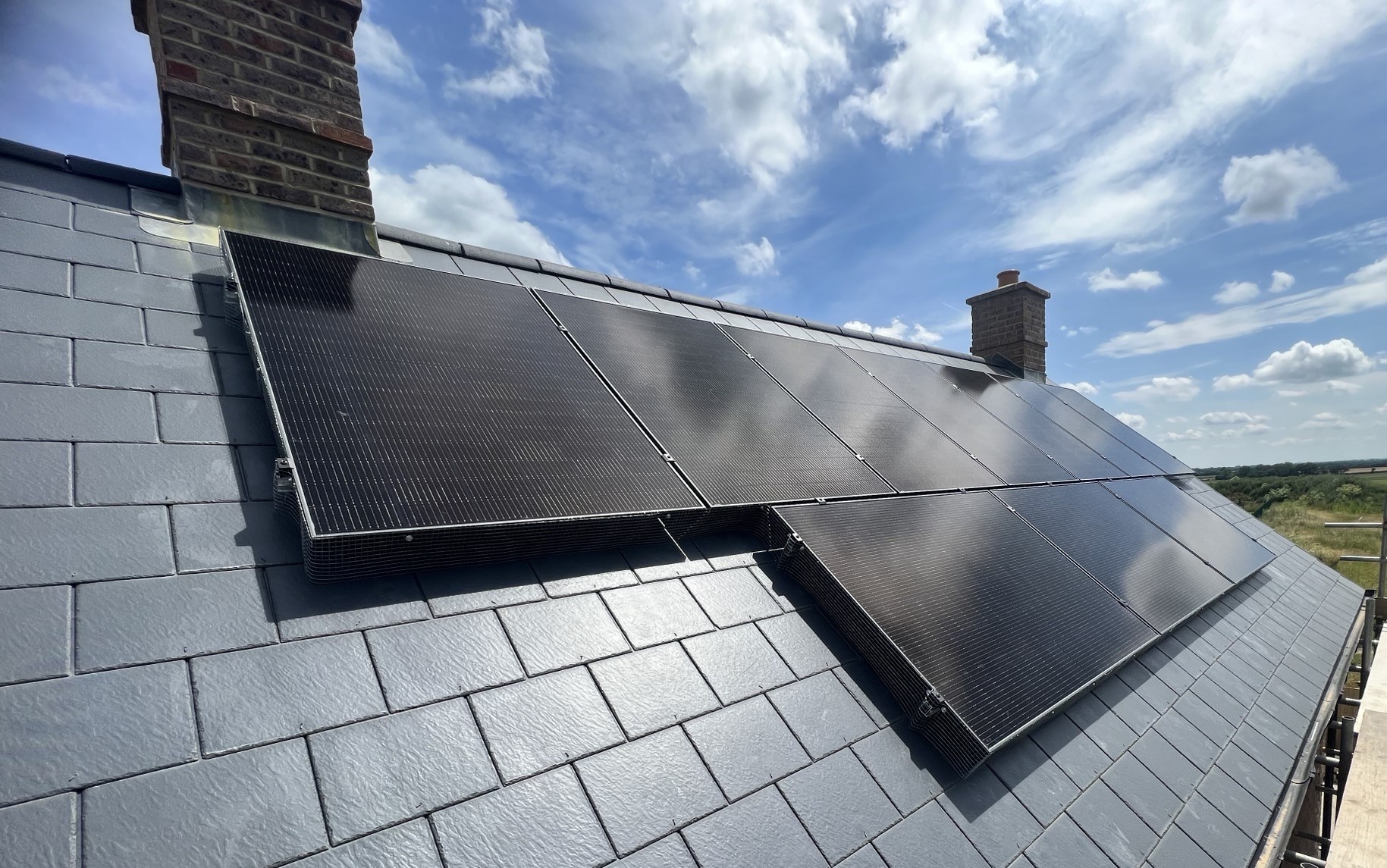For many people, a home EPC stating its energy efficiency rating hasn’t been an important factor when buying or renting a home. But with rising energy costs EPCs have started to become an essential tool in filtering homes.
Normally our hearts win over our heads when it comes to choosing a new home, but the purse strings and rising energy costs are impacting how we may view a property. An energy performance certificate (EPC) is designed to help you understand how energy efficient a home is, from the most efficient being an A rated, to the least efficient being an G rated. It even shows the estimated energy costs for the home and what savings could be made if you carried out the recommended energy efficiency improvements (eg insulation or heating upgrade).
In an investigation by Uswitch, they found that properties with an A or B rating EPC were valued an average of £57,000 more due to their energy efficiency. A Nationwide report compared similar D-rated properties to A and B properties and saw an increase of 2.8% and that F and G-rated properties can be valued at 4.2% lower.
According to Rightmove’s recent study at least 18 million homes, over half of the UK housing stock have an EPC of D or below. D is currently the most popular rating in the UK for homes. They estimate that the average three-bedroom house’s annual energy bill is £508 for A-rated, £2,340 for D-rated and £5,674 for G-rated. The difference between these bands and the energy costs is large with over £5,000 difference between an A and G rated property, and just over £1,800 between A and D the most common rating in the UK.
Landlords must have a minimum EPC rating of E to rent out their property in the UK and plans may come back into effect to raise this to C by 2030 after it was scrapped by Rishi Sunak’s government. Using Rightmove’s annual energy bill figures for a three-bedroom house would assist renters’ energy bills from £3,292 on the E rating to £1,669 on the C rating.
Many improvements can be made to the home to increase its EPC rating but not all homes will be suitable, for example, not all homes can have cavity wall insulation and external wall insulation may spoil the look of the house or it may be protected, so internal wall insulation may be the only option which can be disruptive and reduce the space in the rooms. Options for energy efficiency improvements can include loft, wall and floor insulation, boiler upgrades, switching to a heat pump, energy-efficient lighting, double or triple glazing, and solar PV panels.
With home buyers being more energy-conscious, a house with solar panels might have greater appeal as they are buying a home that can generate free electricity without the need to install the system themselves. The value that solar PV can add is subject to the property and its location, but recent studies have come out with at least £2,000 increase in a Solar Energy UK report and other experts estimate an increase of around 14% on average. So, it is likely that the solar panels can increase your property value, but it will also increase its desirability which will hopefully make it easier to sell and at the value you want. Solar PV can also impact your EPC as it can earn up to 15 points which could help you to move up a band.





